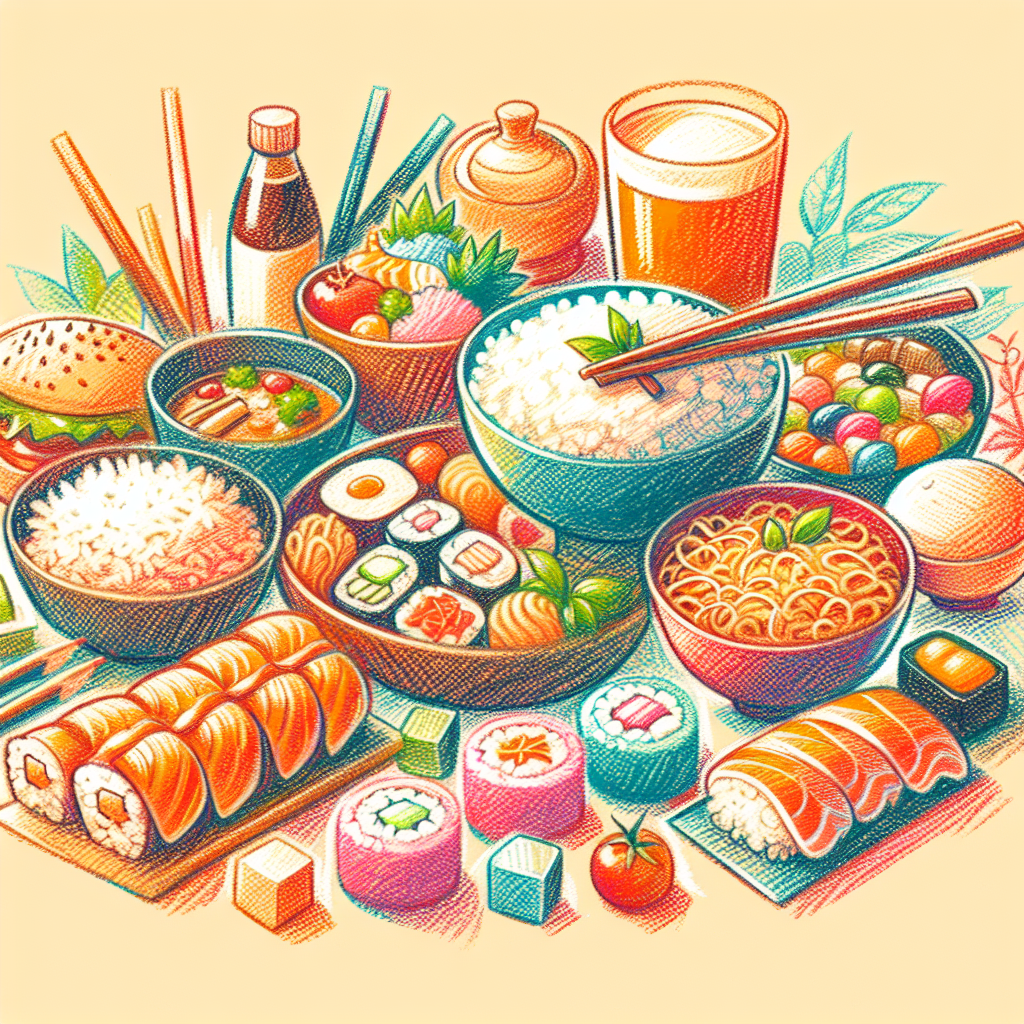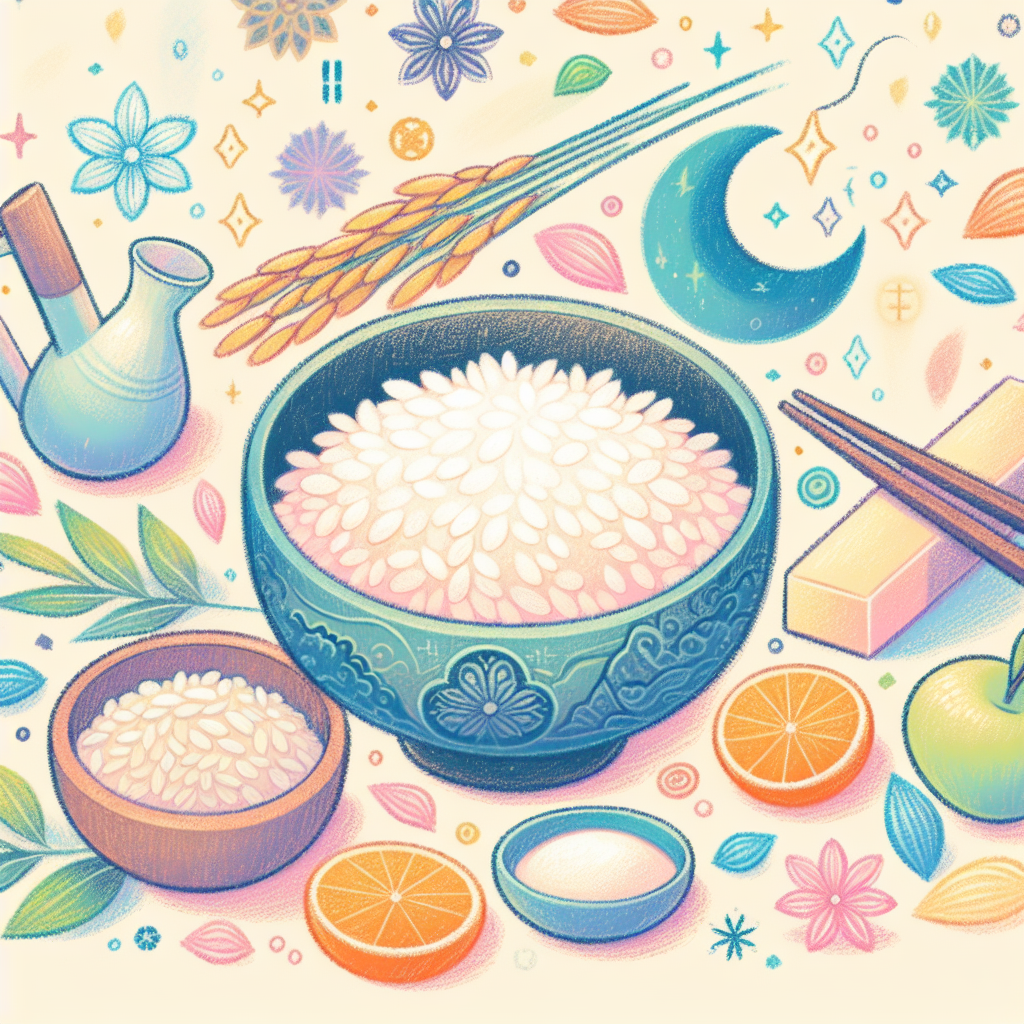Embracing Japan's Culinary Richness: A Pathway for Global Brands
Japan's Unique Food Culture: Opportunities for Global Culinary Brands Japan's food culture is a captivating tapestry of diversity, freshness, and tradition that offers numerous opportunities for global culinary brands. This exploration reveals not only the unique aspects of Japanese cuisine but also the potential for international brands to thrive by embracing this rich heritage. Understanding the Allure of Japanese Food Culture Japan's culinary landscape is undeniably diverse. With its clear seasons, each period brings forth an abundance of seasonal ingredients celebrated through traditional dishes. For example, spring is the time for enjoying sakura, fresh spring cabbage, and the first bonito fish, while autumn boasts harvests of rice, chestnuts, and matsutake…









